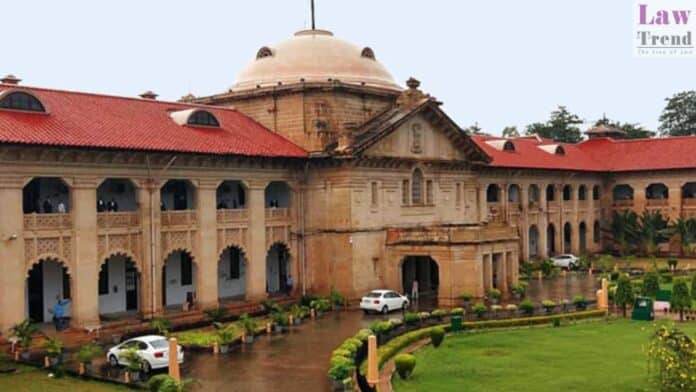The Allahabad High Court, in a significant ruling, clarified that a nominee has the legal right to claim funds in bank deposits following the death of the account holder but emphasized that the ownership of such funds is determined by the applicable succession laws. The decision was delivered in Manoj Kumar Sharma v. Union of
To Read More Please Subscribe to VIP Membership for Unlimited Access to All the Articles, Download Available Copies of Judgments/Order, Acess to Central/State Bare Acts, Advertisement Free Content, Access to More than 4000 Legal Drafts( Readymade Editable Formats of Suits, Petitions, Writs, Legal Notices, Divorce Petitions, 138 Notices, Bail Applications etc.) in Hindi and English.




